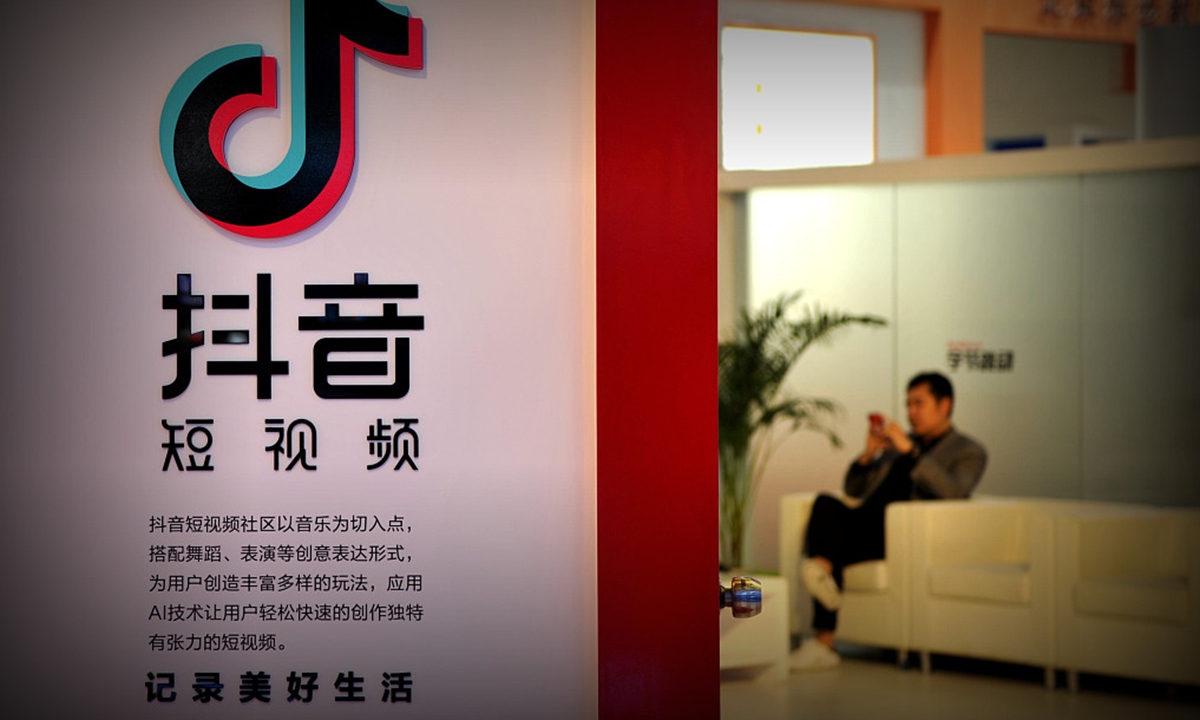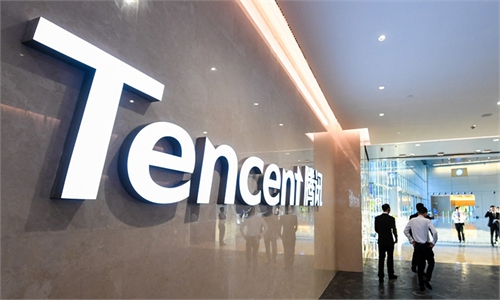
Douyin Photo:VCG
China's State Administration for Market Regulation (SAMR) on Wednesday announced 10 typical cases involving illegal activities such as false advertising and unfair competition. It was the second such announcement this year, with several e-commerce giants including Alibaba's Taobao, JD.com and Douyin.
Experts said that the move is part of a government effort to clean up the internet environment for healthy and sustainable growth.
Online vendors on the platforms were found committing illegal activities such as faking traffic flows or portraying transactions in such a way as to give consumers the wrong impression about the popularity of various products.
Such activities may look like "normal" shopping behavior, but they were actually illegal actions involving false trading and misleading the public, according to the statement by the market regulator on Wednesday.
Fraudulent orders and deliveries will be the next focus of the authorities to crack down on illegal activities online, the statement said.
The first 10 illegal cases were announced on July 22.
Liu Dingding, a Beijing-based independent tech analyst, told the Global Times on Wednesday that the new cases are the reflection of a series of regulatory moves that aim to rectify the industry environment for e-commerce.
Liu said that some companies might be not aware of their involvement in such problems, and it is necessary for the market regulator to "tap their shoulders" and point out their wrongdoing.
To strengthen supervision over unfair competition online, the SAMR launched a nationwide campaign against unfair competition in key areas this year.
Pursuing strict regulation and disclosing illegal cases will boost the healthy development of companies and the sustainable growth of the industry as a whole, said Liu.
In the first half of 2021, market regulatory authorities at all levels nationwide investigated and resolved 3,128 cases of unfair competition, with fines totaling 206 million yuan ($31.72 million).
"Related announcements will be further issued to enhance regulation in the future," noted Liu.


